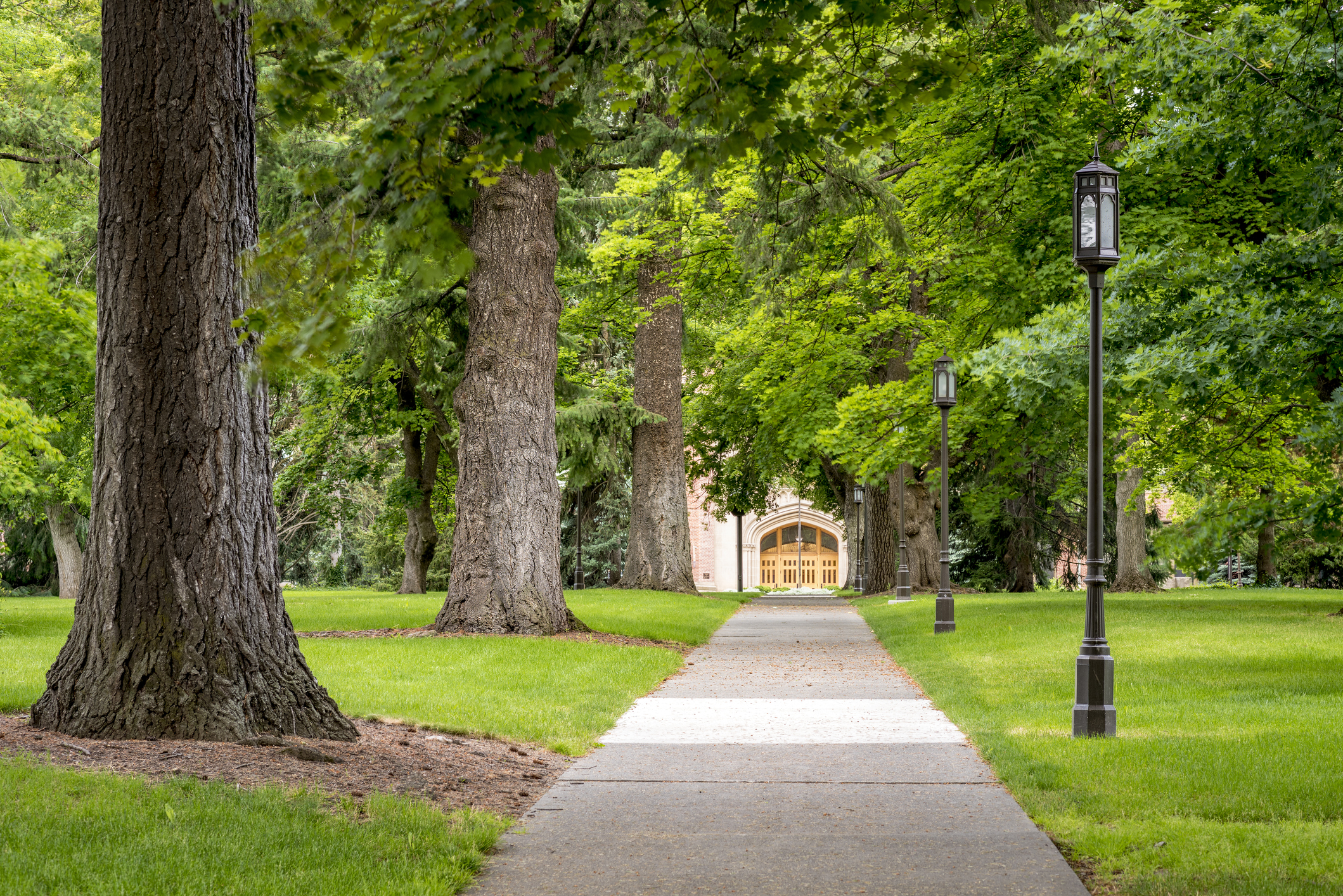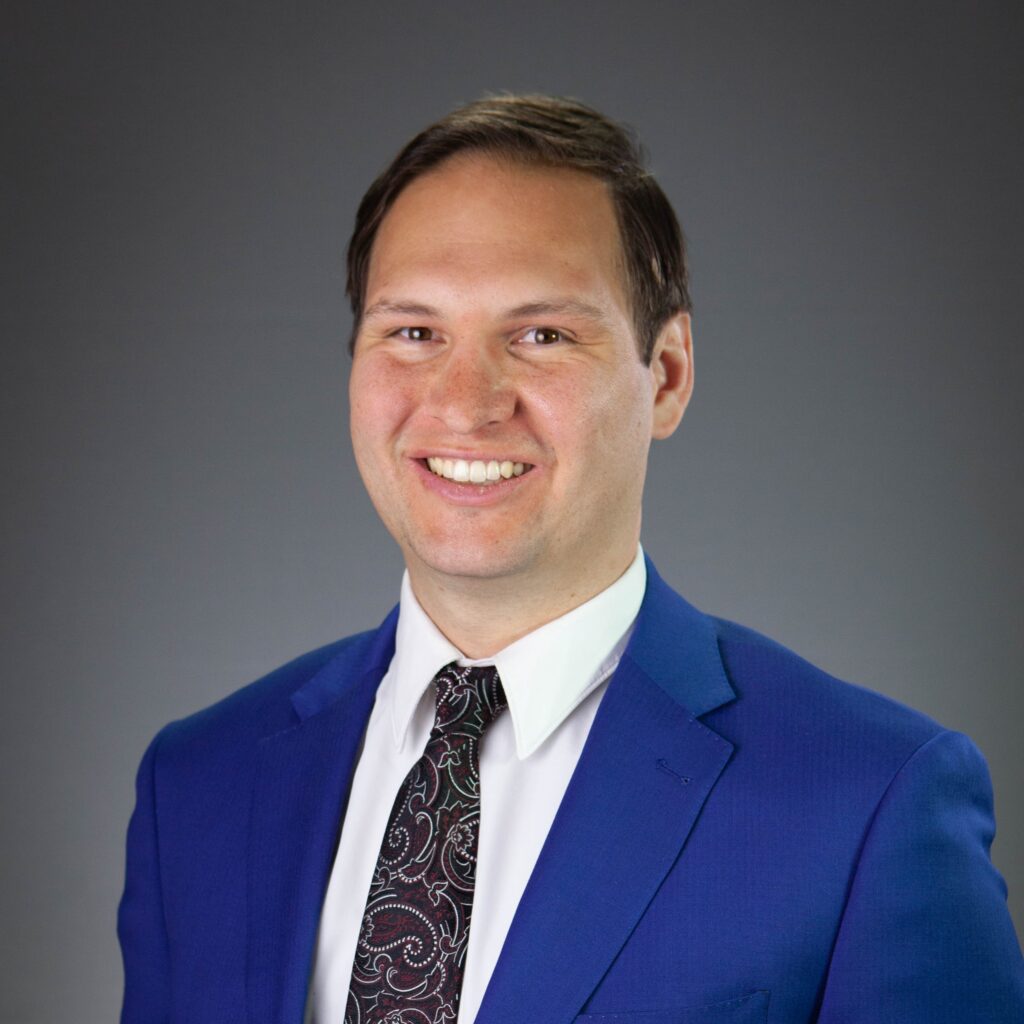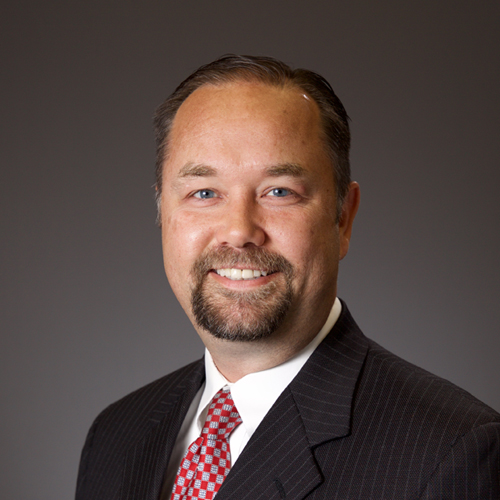
MOSCOW, Idaho – A federal court ruled Thursday that three Christian law students are likely to prevail in their case against the University of Idaho and are therefore free to speak in a manner consistent with their religious beliefs while their lawsuit proceeds.
Alliance Defending Freedom attorneys represent Peter Perlot, Mark Miller, and Ryan Alexander, members of the Christian Legal Society chapter at the university. ADF attorneys asked the court to order university officials to rescind unlawful no-contact orders that they issued against the students because of the religious content and viewpoint of their speech. The court’s preliminary injunction order requires the university to rescind the no-contact orders and refrain from enforcing the policy that allowed university officials to impose the orders based on the students’ speech while the case, Perlot v. Green, continues.
“Peter, Mark, and Ryan are guaranteed the freedom under the First Amendment to discuss their faith on campus, just like every other student and faculty member,” said ADF Legal Counsel Mathew Hoffmann. “Yet the university has unlawfully punished these three students just because it disagrees with their viewpoints. That’s simply not constitutional. We’re pleased they are again free to exercise their constitutionally protected freedoms without fear of punishment, and we look forward to a final resolution of this case in their favor and, ultimately, in favor of free speech for everyone.”
“Today’s university students will be tomorrow’s leaders, judges, and voters, so it’s imperative that university officials model the First Amendment freedoms they are supposed to be teaching their students,” said ADF Senior Counsel Tyson Langhofer, director of the ADF Center for Academic Freedom. “The University of Idaho must stop discriminating against students’ religious beliefs and allow students of all ideological perspectives to freely debate important issues of our day.”
University officials issued no-contact orders against Perlot, Miller, Alexander, and the CLS chapter’s faculty adviser, Professor Richard Seamon, after a student had asked the chapter why it requires its officers to affirm the belief that marriage is between a man and a woman. Miller had respectfully explained that the chapter requires this because it is the only view of marriage and sexuality affirmed in the Bible.
Soon after, Perlot left a handwritten note for the student and told her that he would be happy to discuss this further so that they could both be fully heard and better understand one another’s views. A few days later, the student and several others publicly denounced CLS’s actions at a panel with the American Bar Association. Alexander attended that meeting and explained that the characterizations were inaccurate, that the greatest amount of discrimination he had seen on campus was the discrimination against CLS and its religious beliefs, and that he was concerned about the state of religious freedom on campus.
When university officials issued the no-contact orders three days later, they did not inform the CLS members that anyone had complained about them, and they did not give the students an opportunity to review the allegations against them or defend themselves. After Perlot, Miller, and Alexander filed their lawsuit and motion for preliminary injunction, university officials doubled down and issued a similar no-contact order against Seamon, prompting ADF attorneys to add him to the case.
“College campuses should be places where free speech is vibrant and the First Amendment is esteemed,” said CLS Executive Director and CEO David Nammo. “CLS is grateful the court acknowledged this today and stood up against a cancel culture threatened by a marketplace of differing ideas.”
Matthew Williams, one of more than 4,400 attorneys in the ADF Attorney Network, is local counsel in the case on behalf of the three CLS students and Seamon, and CLS is serving as co-counsel.
- Pronunciation guide: Perlot (Per-LOT’); Langhofer (LANG’-hoff-ur)
The ADF Center for Academic Freedom is dedicated to protecting First Amendment and related freedoms for students and faculty so that everyone can freely participate in the marketplace of ideas without fear of government censorship.
# # #


